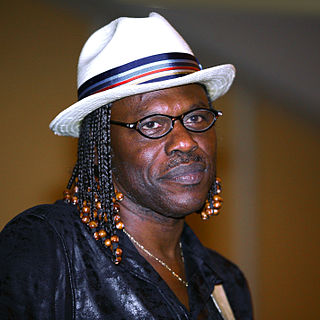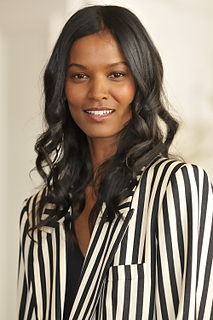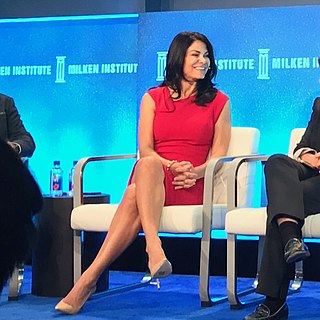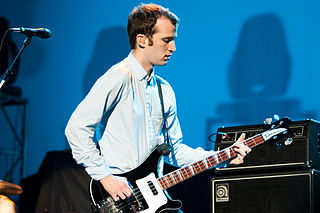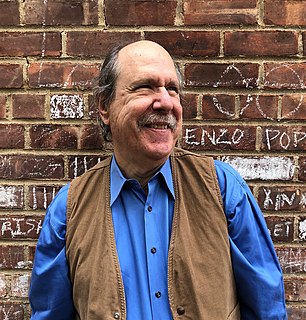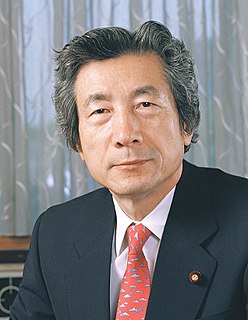A Quote by Steven Spielberg
I think documentaries are the greatest way to educate an entire generation that doesn't often look back to learn anything about the history that provided a safe haven for so many of us today.
Related Quotes
There's no other way to learn about it, except through documentaries. I encourage documentarians to continue telling stories about World War II. I think documentaries are the greatest way to educate an entire generation that doesn't often look back to learn anything about the history that provided a safe haven for so many of us today. Documentaries are the first line of education, and the second line of education is dramatization, such as The Pacific.
Look, look, Jeb [Bush] said we were safe with my brother. We were safe. Well, the World Trade Center just fell down! Now, am I trying to blame him? I'm not blaming anybody. But the World Trade Center came down. So when he said, we were safe, that's not safe. We lost 3,000 people, it was one of the greatest - probably the greatest catastrophe ever in this country if you think about it, right?
Now, I think a lot of people look around and feel that we're relatively equal with men. In fact, women are now the majority of college graduates, we have role models like Hillary Clinton to look up to - it seems like the world is completely open to us and we can accomplish anything. I think feminists are often disdained today because we're seen as complaining about a problem people think no longer exists. I also think young women shy away from calling themselves feminists because many haven't been educated about it or exposed to it. They don't know enough about it to identify with it.
At home in the states, I think there's a tendency in the states to go for the latest, greatest thing. The latest, greatest is the latest greatest. I think when you're talking about France, England, things like that, they look for the history of an artist and they go back when it comes to music like this anyway. They will go back a little bit further. I think the United States is very knowledgeable and it's a good place to play.
If you educate a boy, you educate a person, but if you educate a girl, you educate a family and benefit an entire community.” An entire community - now that is really interesting! Then I found the quote changed a little more on the Kingdom of Jordan website by her Royal Majesty Queen Rania of Jordan during her interview with Oprah Winfrey. Queen Rania relates the quote in these words: “As you educate a woman, you educate the family. If you educate the girls, you educate the future.
Helping others isn't a chore, it is one of the greatest gifts there is. I want to challenge the next generation of women to find a way to give back that inspires and fulfills them and weave it into their daily lives. If the next generation can learn that early on, we have a real chance to change the world.
War never accomplishes anything. It's never going to look good in the history books. People are never going to look back and think, 'He started a lot of wars; what a great leader he was!' That's not the way it works. God knows how many more of these things we're going to need before it starts to sink in.
I'm not the type to generalise about an entire generation. I think the most general thing I can say, is that things are way more dispersed, and way more de-centralised than they were twenty years ago. I don't really feel like people talk about my generation the way people would talk about Generation X in their early 90's when Nirvana blew up. I feel like there was an easier, more coherent narrative to find, than you can now.
If two or three hundred years from now an earthbound civilization is dying ... and they look back at the opportunity that we have here at the close of the twentieth century to move out into space and they see that we didn't do anything with it ... I don't want history to judge us on having blown this opportunity, and I think history will judge us on this more than on any other issue.
When experts say nuclear power generation is safe and doesn't cost much and this is the only way to go if we want to stop relying on coal, well, we believe them. But they've been lying to us for years. And the point is, we've never really known anything about nuclear power generation. We had little interest in it before 3/11, and we certainly had no idea how difficult it is to control nuclear energy.




